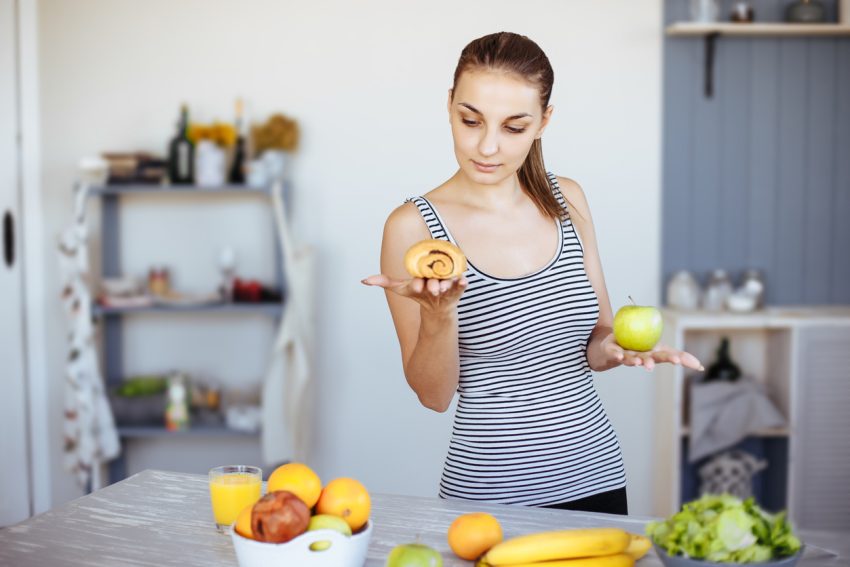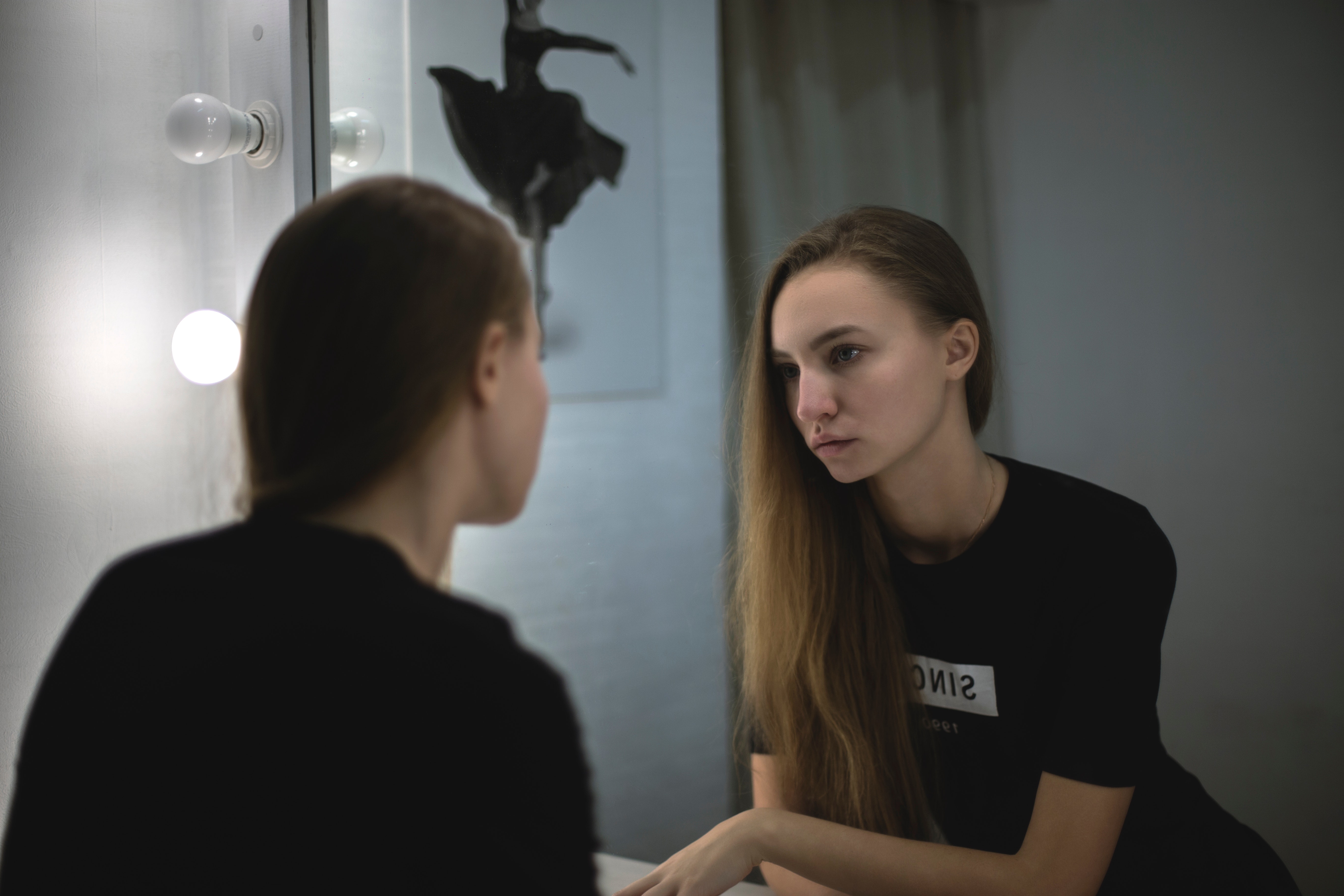Food: It’s Personal
No matter how you look at it, food is personal. What we like is personal, not to mention what we don’t like. Can’t tell you how many times I have been questioned about my love for spinach. What can I say? There is no accounting for taste.
On the flipside, however, I have been criticized a few times for my dislike of beetroot. Don’t want it anywhere near my plate, except for the one-time Gordon Ramsey dished up some that didn’t taste at all like beetroot.
But here is the thing, superfood or not, food is personal, and it is not just about our likes and dislikes, it also about what our body likes and dislikes.
Not always the same thing, right. Ever wondered why your friend can munch away at a food that you love, and you cannot. I love apples, for example, but a lovely sweet one leaves my stomach in knots. Never mind!
And remember that anti-acid commercial: I like hot dogs, but they don’t like me, etc…? You get the picture but let me be clear, food doesn’t have to be considered junk food or ultra-processed to upset the gut. It can be super-duper, like an apple.
Since last September, I have come to understand that my body has a real problem with digesting certain sugars and what it considers to be too much fibre. Though I had not understood this scientifically until I started working with a wonderful consultant dietician, I had tried every all the rage diet, most loaded with superfoods, to fix the bloating and all the rest.
But once my dietician got me eliminating some of the culprits and eating less of others, life began to change. The key, however, as I have told many friends and family who see a great change in me, is to get a proper diagnosis and work with a professional. No elimination diet is safe without an expert on board.
Also key, is the personal nature of the matter. What works for one person doesn’t always work for another. There is no one size fits all approach to nutrition.
The personal approach is refreshing. Though I have always been interested in putting the right foods together for loved ones with special diets, such as for my dad when he dealt with kidney problems, I am on a personal journey nowadays, having worked out that personalised nutrition is not just for people with allergies, intolerances, or other health issues. It is for anyone who wants to get the best out of their body and wants to see it work at optimal level. And that happens when the body gets the right balance of nutrients, particularly carbohydrates, fats and proteins consistently.
Since I have been engaged with personalised nutrition, I have learned that some foods spike my blood sugar, though I do not have diabetes and am not pre-diabetic. But there is good news, I can eat some of my beloved treats when combining with the right balance of foods and avoid a blood sugar spike.
At the risk of getting too medical, I will leave the science at that, but I do want to say that some experts and non-experts think that if we focus too much on personalised nutrition it might lead to unhealthy relationships with food.
Proponents of personalised nutrition say it is early days yet, however, there is no evidence to support the concerns about unhealthy relations with food. On the flip side, however, there is plenty of evidence to show how personal food is to each one of us.
No wonder eating largely what nurtures me has been a game changer. Make no mistake about it, I still like my cinnamon rolls and croissants. And in a personalised nutrition approach, there is a place for them. That’s because personalised nutrition is not a diet, rather a lifestyle change.
Not only do I have a healthier gut but lots of other wonderful fringe benefits, too. I am sleeping better. And about that spinach! My gut considers it a booster. And it is very happy to do without beetroot for the sake of my blood sugar. What can I say. It’s personal.

